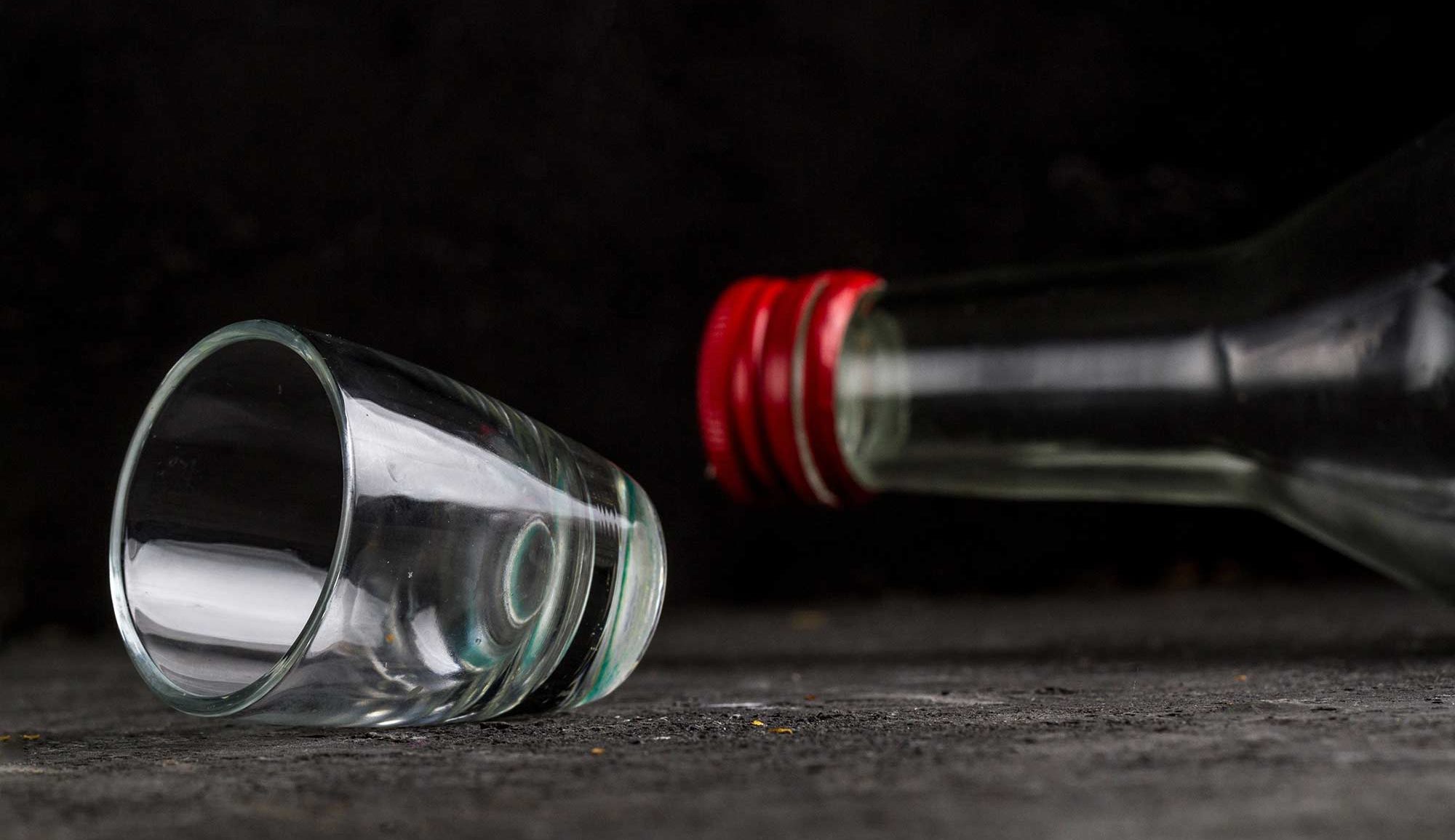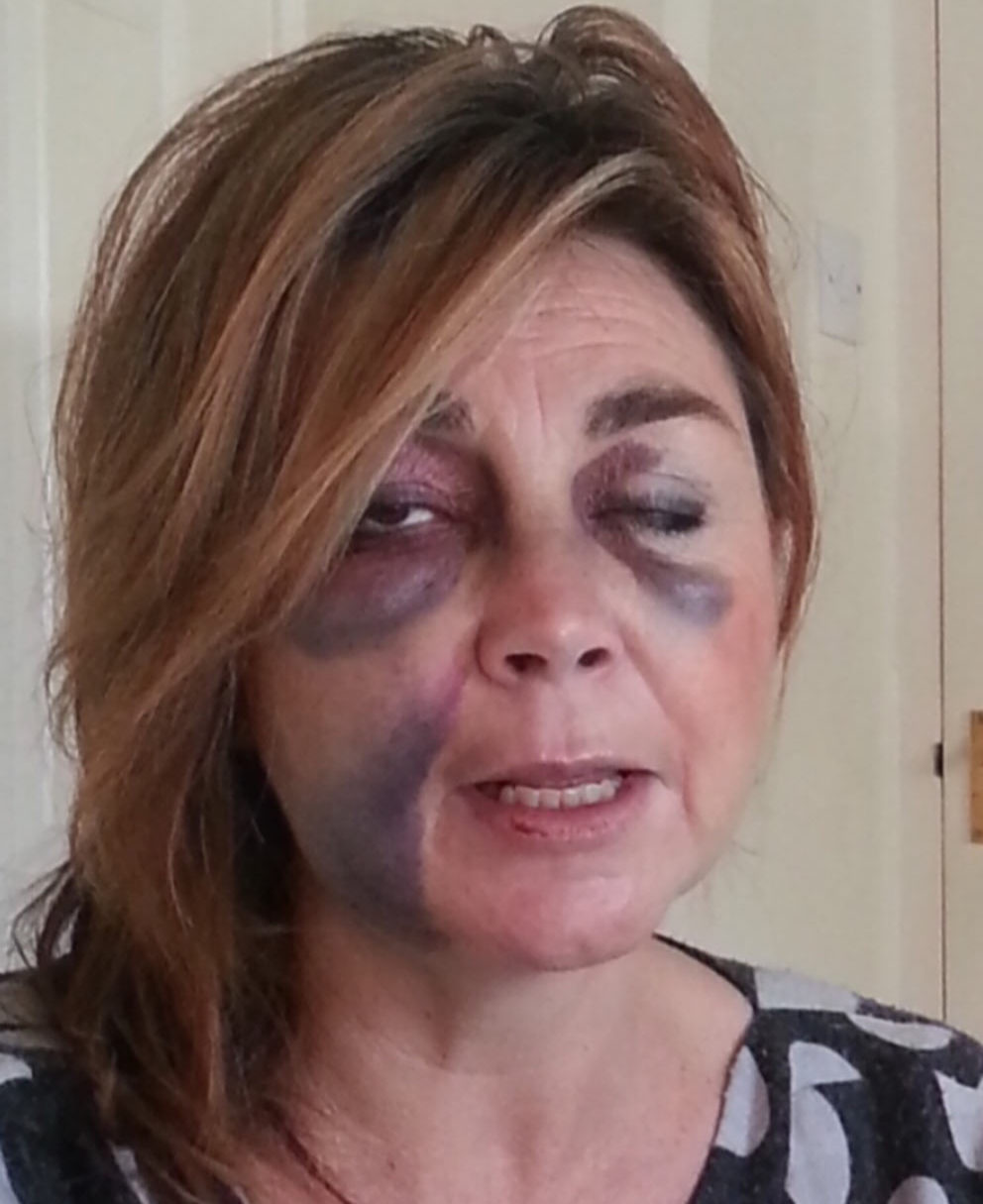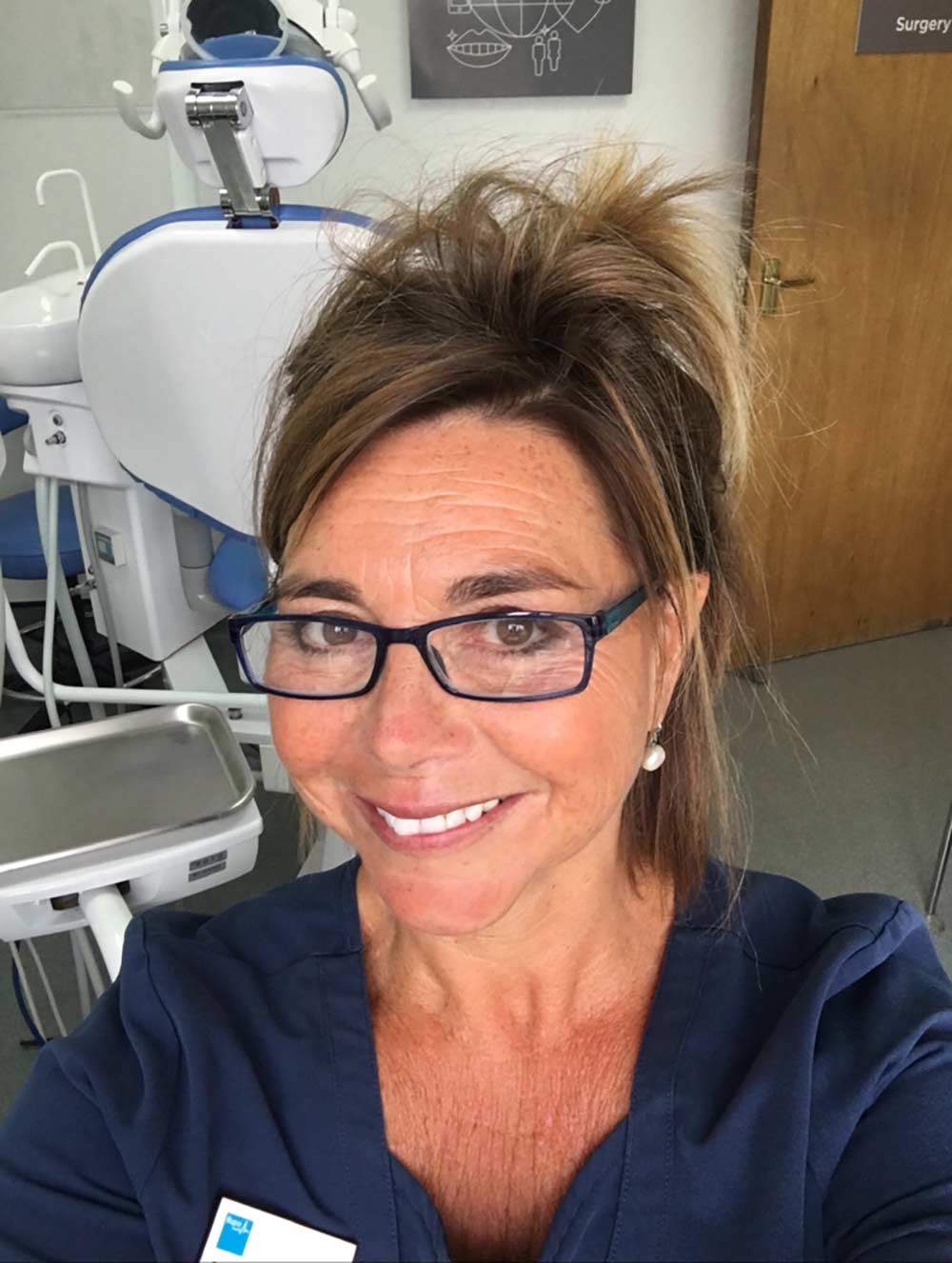 Dental hygienist and therapist Sarah Thomson talks about her alcoholism and the road to recovery.
Dental hygienist and therapist Sarah Thomson talks about her alcoholism and the road to recovery.
I have two passions in my life – one is dentistry and the other is recovery, be that my own or that of others.
I was lucky enough to know from an early age that I wanted to go into dentistry and went straight into dental nursing within the community services as soon as I left school. Qualifying as a dental hygienist in 1989, I loved every minute of it – I was always pushing myself to add qualifications to my remit as and when they were possible.
After working as a hygienist for more than 20 years I returned to Bristol University in 2010. There, I qualified as a dental therapist in 2012.
In hindsight, I now see that nothing was ever enough. I was constantly striving for the next stage or the next challenge; a pattern that did me no harm when I could safely drink alcohol. Those days are long gone.
I see alcoholism as the disease of more. I did everything to the extreme and there was never any middle ground. Weight loss or weight gain, triathlons or couch potato, marriage or singledom! I seemed to do other things ‘alcoholically’, but never abused alcohol.
Life-changing circumstances
At around the age of 40, I had a couple of life-changing events. My father was diagnosed with terminal cancer and died within a few months. Shortly afterwards, I entered what became a very toxic relationship.
I didn’t know how to express my emotions and neither did I think I was ‘allowed’ to admit that I was struggling to cope. I have a loving family and very loyal friends, but the barriers were of my own making. At the end of the day, having removed my ‘disguise’ in the form of my uniform and loupes and not having to pretend to my patients and colleagues that I was fine, I found that a glass of wine enabled me to feel okay.
I continued to work and keep up the façade for quite some time. But my self-worth and confidence was at an all time low. I began to drink secretly and hide the evidence. I became obsessed with the thought of my next drink and how it would make me feel.
Alcohol being the depressant that it is did nothing to lighten my mood. My GP signed me off work with depression. I had conveniently omitted to tell her about the quantities of alcohol I was consuming. This to me was the green light to drink more and that is exactly what I did.
The consequences of my drinking soon became apparent, I had numerous trips to A&E, lost a drastic amount of weight, pushed friends away and found new ‘friends’ in sordid places who drank like I now did – to oblivion.
Once upon a time in my early years I could drink ‘normally’. I could go out with the girls and have dinner parties, but I had become a liability. I seemed to have rapidly and very subtly crossed an invisible line.

Insanity of active alcoholism
These consequences didn’t seem to hit home at this point. I thought the next time I drank it would be different and that I would stop after one. I tried changing what I drank, what time I drank, how I drank, with whom I drank etc. But I didn’t seem to have an off switch once I started.
Einstein’s definition of insanity is ‘doing the same thing over and over again and expecting different results’. This certainly rings true in my case.
One of my rock bottoms was getting into my car four and a half times over the legal limit and spending a night in the cells. You would think that would be enough to make me stop. Thankfully no one was hurt. But clearly it was time to be honest with myself, my friends and family, and the GDC.
With the help of a colleague with whom I had worked alongside for a number of years, we informed the GDC of my incapability to safely be a member of our profession. I was obviously suspended with immediate effect pending investigation.
Once again, given that I had always been so proud of my work and achievements within dentistry, one would think this would have been my last drink. It was not. Neither was my last drink to come following a fall where I sustained a midline fracture to my mandible, two crushed condyle heads, a broken elbow and three vertically fractured teeth.
Whilst taking up a bed in Gloucestershire Royal Hospital waiting for the maxillofacial consultant to see me, I could think only of my next drink. The emotional pain I was in was far worse than my physical pain at that time.
I am ashamed to say that I had preconceived ideas of what alcoholics looked like, and that was nothing like me. I was well educated, had had a lovely upbringing, neither parents were alcoholics and so on. But I know now that alcoholism does not discriminate.
GDC conditions
One of the many conditions imposed upon my registration by the GDC was to engage in recovery programmes with other alcoholics or addicts.
I paid lip service initially, but continued to attend meetings at least four times a week. Then I started to see other people improve and they seemed to be putting their life back together again with the help of a 12-step programme.
I had my last drink on 3 July 2015 and the conditions on my registration were revoked in December 2017.

It’s about thinking, not drinking
I work very hard at my recovery. I am now in a position to help others who have been through or who are going through the same thing, which today I have no qualms about calling an illness. The moment I think I am recovered will be a very dangerous moment indeed as complacency would be very risky.
I still tend to have unrealistic expectations of both myself and others. Although the compulsion to drink left me a long time ago, my thinking can sometimes get me into trouble. My emotional sobriety or emotional awareness and intelligence needs constant attention.
I do this by setting healthy boundaries and pacing myself in all aspects of life. I practise yoga and meditation and try not to overthink.
We know that even before the global pandemic, stress was a massive factor within the dental profession. There may well be those amongst us who have relied on alcohol to get through health and financial worries. We need to look out for each other. Active alcoholism is not easy to spot and I was initially too ashamed to talk to anyone.
Serenity
I am delighted to be in my sixth year of recovery now and I have a new found sense of peace and serenity. On a daily basis I am able to make amends for any harm that I caused to both myself and others around me. Alcoholism is a family disease – it affects not only the individual but family members, friends, colleagues etc. It’s ripple effect is vast.
Recovery too has a knock-on effect and if nothing else, sharing my story with you has helped to keep me well today. I hope that it has helped to explain a little more about alcoholism.
I am a very grateful recovering alcoholic.


